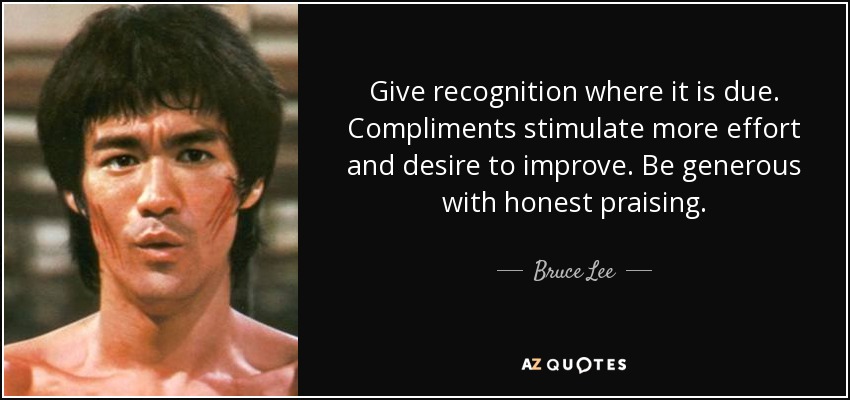PROUDEST | MOST GRATEFUL MOMENT
I am so incredibly proud of my amazing team and the wonderful work they are doing with internal climate surveys. Employees play a crucial role in an organisation's reputation. Chris Bischoff from our team wrote this fantastic article that was featured on Entrepreneurship Magazine's website. Here's a snippet:
Employees play an important role in building the reputation of any organisation. Their sentiment towards the company is what they will be communicating to their nearest and dearest. This is important to consider as friends and family will have a perception of the company which is based on what employees say, rather than what a fancy advertising campaign might say. Reputation Matters, a proudly African research company specialising in reputation research, has developed its Organisational Climate Survey (OCS) research model to assess what exactly contributes to employee morale, productivity, employee motivation and behaviour, and job satisfaction. These are all crucial elements when it comes to an organisation’s reputation. By looking after your employees, you are looking after your reputation. [Read the rest of the article]
What I'm most grateful for: being back in an exercise routine (as mentioned last week); this week included a super early morning run with the Run Social group in Sea Point. What an absolutely beautiful morning! Thérèse and I left Hout Bay at 05:30, the full moon and moonlight across the ocean was incredible, unfortunately, I didn't have my phone to take a photo, although I don't think a photo would have done justice to the magnificent morning canvass that mother nature painted for us.
Yesterday morning, Lisa and I traversed Chappies to Noordhoek; wow it was windy! Loved spotting this Protea bush at Noordhoek village.
Employees play an important role in building the reputation of any organisation. Their sentiment towards the company is what they will be communicating to their nearest and dearest. This is important to consider as friends and family will have a perception of the company which is based on what employees say, rather than what a fancy advertising campaign might say. Reputation Matters, a proudly African research company specialising in reputation research, has developed its Organisational Climate Survey (OCS) research model to assess what exactly contributes to employee morale, productivity, employee motivation and behaviour, and job satisfaction. These are all crucial elements when it comes to an organisation’s reputation. By looking after your employees, you are looking after your reputation. [Read the rest of the article]
What I'm most grateful for: being back in an exercise routine (as mentioned last week); this week included a super early morning run with the Run Social group in Sea Point. What an absolutely beautiful morning! Thérèse and I left Hout Bay at 05:30, the full moon and moonlight across the ocean was incredible, unfortunately, I didn't have my phone to take a photo, although I don't think a photo would have done justice to the magnificent morning canvass that mother nature painted for us.
Yesterday morning, Lisa and I traversed Chappies to Noordhoek; wow it was windy! Loved spotting this Protea bush at Noordhoek village.

MY BIGGEST LESSON THIS WEEK
Give recognition where it is due

MY FAVOURITE QUOTE THIS WEEK
WHAT MADE ME GIGGLE THIS WEEK
This was live during a Swedish television broadcast... (thank you for sharing this with me Ashleigh! :) )











